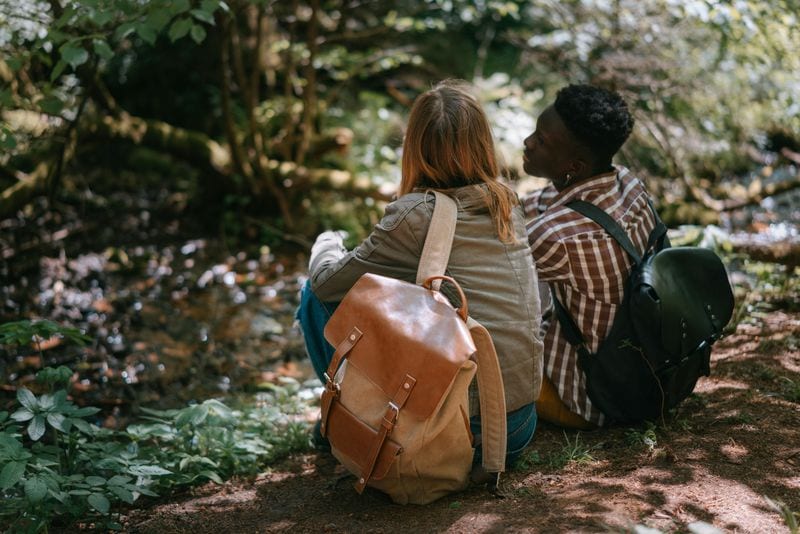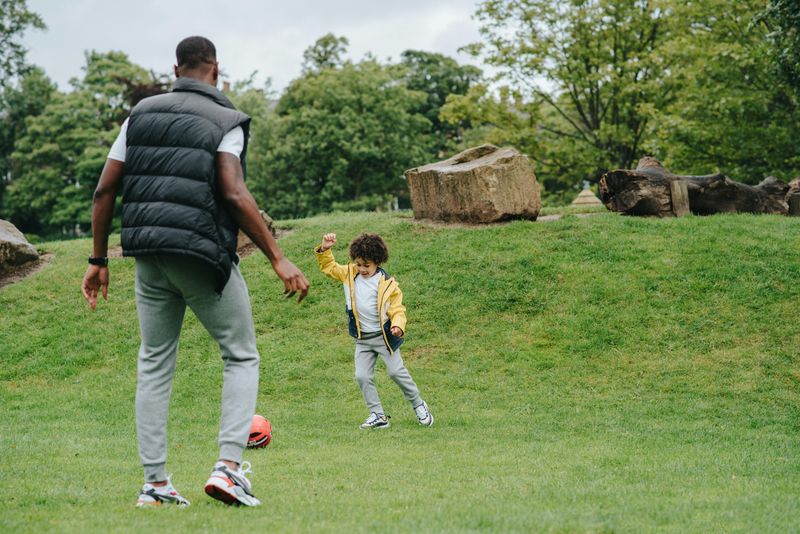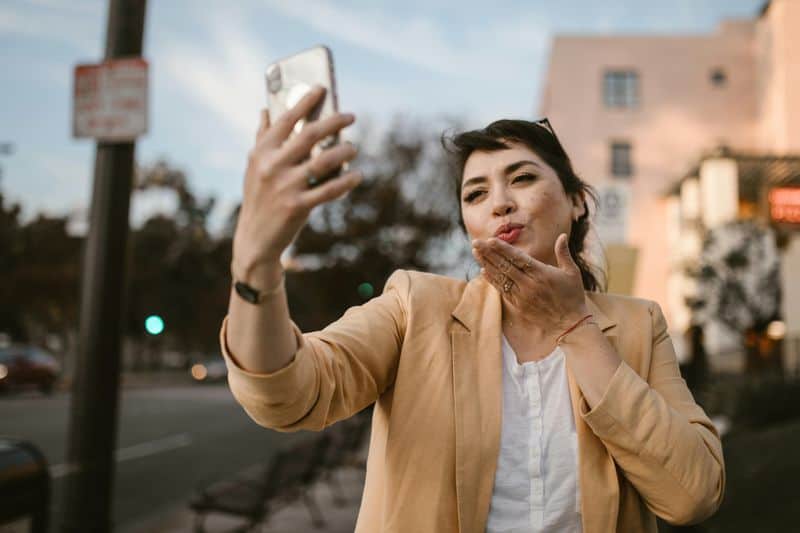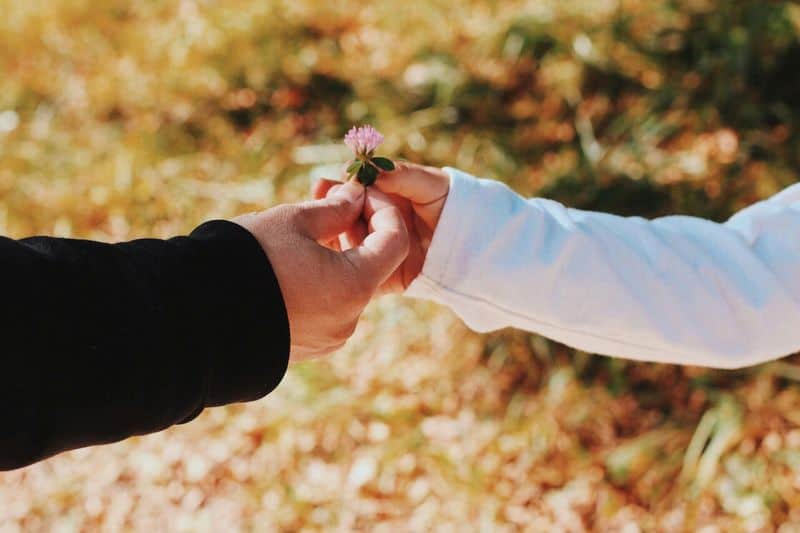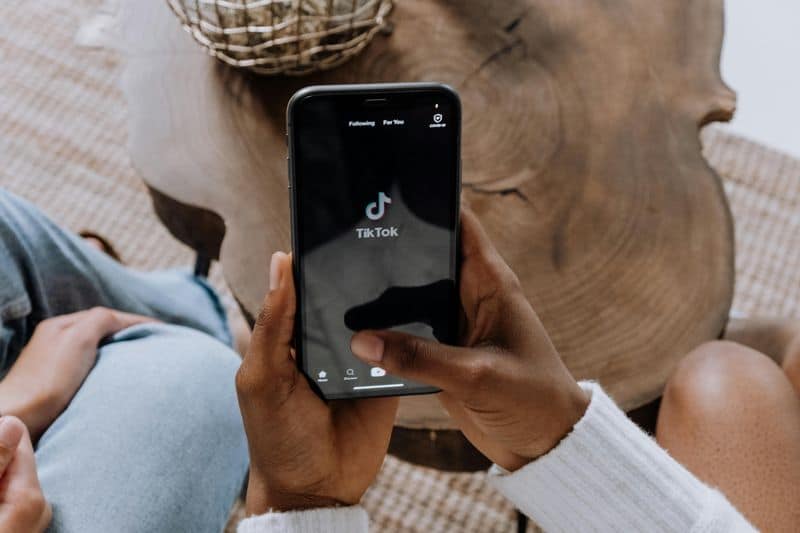Have you noticed your friend circle getting smaller as you get older? Don’t worry – it’s a normal part of growing up. Our lives change in many ways as we age, and these changes affect our friendships too.
Understanding why this happens can help us feel better about these natural shifts in our social connections.
1. Life Paths Diverge
Remember when you and your buddies all lived in the same neighborhood and had similar daily routines? As we grow up, our life paths naturally branch in different directions. Some friends get married early, others focus on career advancement, and some might move across the country.
These different journeys create distance that’s hard to bridge with just good intentions. The schedules that once aligned perfectly now barely overlap. This natural divergence doesn’t mean the friendship wasn’t real – it simply reflects that humans are constantly evolving.
2. Family Responsibilities Take Priority
Starting a family reshuffles your priorities faster than you can say “playdate.” The friend who was always available for spontaneous road trips now needs two weeks’ notice and a babysitter. Your available social time shrinks dramatically when little ones enter the picture.
Parents often gravitate toward other parents who understand their new lifestyle constraints. The 2 AM heart-to-hearts get replaced by quick text check-ins between soccer practices and bedtime routines. This shift happens naturally and reflects your evolving life stage rather than diminishing friendship quality.
3. Values and Beliefs Change
The college buddy who shared your worldview might develop completely different values over time. Major life experiences shape us in unpredictable ways. Someone’s perspective can transform after traveling abroad, changing careers, or experiencing personal hardship.
These evolving viewpoints can create uncomfortable tensions in conversations that once flowed easily. What started as small differences might grow into fundamental disagreements about important life matters. This natural evolution of personal values doesn’t diminish the significance of your shared history – it simply acknowledges that humans continue growing throughout life.
4. Geographic Distance Creates Barriers
Moving away for a job opportunity or family needs creates physical distance that tests even the strongest friendships. Those casual drop-ins and impromptu coffee dates that maintained your connection disappear overnight when hundreds of miles separate you.
Long-distance friendships require intentional effort – scheduling video calls, planning visits, and maintaining regular communication. Many relationships naturally fade when this extra work becomes difficult to sustain amid busy lives. The friends who remain connected across distance often share a particularly strong bond that transcends geography.
5. Energy Levels and Health Fluctuate
The friend who could party until sunrise might develop chronic fatigue in their 40s. Health changes – both visible and invisible – dramatically affect our social capacity. Someone battling depression, chronic pain, or other health issues simply has less energy for maintaining connections.
As we age, recovery time lengthens and energy reserves diminish for many people. The social butterfly might transform into someone who treasures quiet evenings at home. These changes aren’t about friendship quality but rather about changing physical and mental resources available for socializing.
6. Quality Replaces Quantity
Remember your twenties when your social calendar overflowed with acquaintances? As we mature, many of us naturally prefer deeper connections with fewer people rather than maintaining dozens of surface-level relationships.
This shift toward quality over quantity isn’t a loss – it’s a refinement. You begin recognizing which friendships truly nourish your soul and which ones drain your energy. The friends who remain are often those with whom you can be completely authentic, without pretense or exhausting social performances.
7. Unresolved Conflicts Accumulate
Small irritations that you once brushed aside might grow into dealbreakers over time. The friend who consistently arrives late might eventually exhaust your patience after years of waiting. These minor tensions accumulate like interest on a debt.
Friendships that survive long-term usually involve people who can address conflicts honestly and respectfully. Many relationships fade because neither person has the tools or willingness to work through disagreements. This natural filtering process often leaves you with friends who share your communication style and conflict resolution approaches.
8. Time Becomes More Precious
As responsibilities mount, free time becomes your most valuable resource. The three-hour phone calls of your youth transform into quick check-ins between meetings. This time crunch forces most adults to prioritize certain relationships over others.
You begin evaluating friendships based on their return on emotional investment. Does this connection leave you feeling energized or drained? The natural selection process often favors friends who understand your time constraints and make interactions easy rather than demanding.
This efficiency doesn’t mean you care less – it simply reflects the reality of adult schedules.
9. Mutual Growth Isn’t Guaranteed
Friends who grew up together don’t always grow in compatible directions. The high school buddy who shared your teenage dreams might remain focused on those same goals while you’ve developed entirely new aspirations. This creates a disconnect in what you each find important or interesting.
Some friendships thrive precisely because both people evolve in complementary ways. Others naturally fade as your growth trajectories diverge too dramatically. Neither outcome reflects a failure – just the natural consequence of humans continuously developing throughout life.
10. Digital Connections Replace In-Person Bonds
Technology has transformed how we maintain relationships. The friend you once saw weekly might now exist primarily as occasional likes on social media posts. These digital connections create an illusion of closeness while actually allowing relationships to fade more gradually.
Many people find themselves with hundreds of online connections but few friends they regularly see in person. This shift isn’t necessarily negative – it allows us to maintain awareness of people who once played important roles in our lives. The digital friendship tier offers a middle ground between active friendship and complete disconnection.


